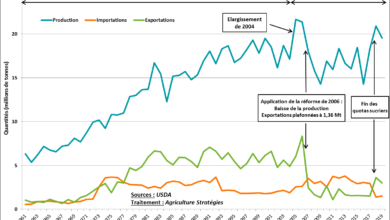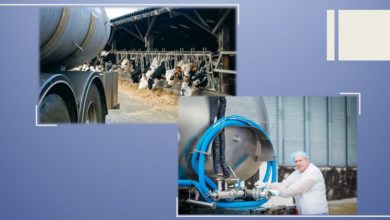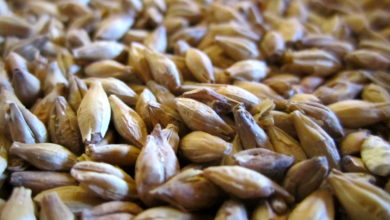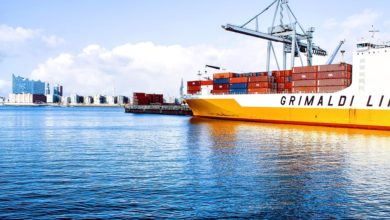
In his speech to the OECD on May 30th, President Macron proposes a diagnosis and an ambition that could refound multilateralism. Fears of escalation in the standoff over the reduction of steel production overcapacity and the USA’s desire to reduce its deep-seated deficits are once again questioning the multilateral trade rules and their application.
The statement made is clear: “the last major breakthroughs go back almost to the creation of the WTO itself in 1994” and it is wrong to “consider that an unregulated globalization is necessarily good and that an invisible hand is fixing everything “. In order to avoid being “somnambulists” of multilateralism, he calls for “a complete update of the rules that structure international competition” on the basis of a “negotiation integrating initially the United States, the Union. European Union, China and Japan, which would be rapidly extended, particularly to the G20 and OECD countries “. He outlines the agenda of the G7-G20 summits of 2019 whose presidency will be French.
Even as Doha Round which was qualified at its launching as the “development cycle” has stumbled for more than 10 years on agricultural and food issues, as the Ministerial of Buenos Aires again showed last December, it is time to establish the reasons for the malfunctioning of WTO rules in agriculture. If the President of the Republic says he wants to prioritize on the subjects of taxation, ecology and development, there is no doubt that the agricultural rules of the WTO defined in the agricultural agreement of the Uruguay Round of 1994 will have to be reviewed, given the links between agricultural topics, environmental protection and development.
Established between Americans and Europeans, these rules aimed to establish a common discipline to avoid non-cooperative practices like export subsidies that drove down international prices. After the price raises of raw materials in the 1970s, international agricultural commodity prices have indeed experienced a long period of depression until the mid-2000s. It is with the crisis of 2007/08 that the deficiencies of the multilateral framework became apparent : the rules were aimed at raising prices that were too low … but no cooperation had been designed to avoid price swings that were detrimental to food security.
This hemiplegia can be interpreted as the result of faith in the efficiency of markets: it was enough to remove distortions by public policies so that prices regain “their equilibrium level”. The food crisis of 2007-2008 passed by, for many the Doha Round came to a halt in July 2008 when Indians and Americans failed to reach a common statement on the limits of the multilateral framework.
Today, Europe is the only one to continue to see itself as the good student of the WTO, as all countries strengthen their agricultural policies to protect themselves against international prices that have been below the production costs of most producing countries for several years. The constitution of a global market integrating all agricultures would have supposed a strong cooperation between its promoters to be able to stem the excesses of the instability of the agricultural markets. This has not been the case.
Whereas in the minds of the drafters of the 1994 rules it was enough to empty agricultural policies of their substance for the emergence of a large stabilizing global market, the narrow path of a new multilateralism can only be achieved by seeking a cooperation between stabilizing and sustainable regional policies for food security, the fight against climate change, environmental protection and rural development.
Given the food and rural issues facing China and India, the rewriting of a new multilateral framework will have to focus on these demographic and agricultural giants. Commodity agreements that have structured international trade – and enabled its development – throughout the 20th century to the early 1980s will no doubt constitute an important basis for this new multilateralism.
It should also be borne in mind that for each agricultural product, the 3 or 4 producing countries generally account for more than 2/3 of international trade or even of world production. This is particularly the case in South-East Asian countries, which have successfully renewed their cooperation in stabilizing rice prices since the 2007/08 crisis.
In the end, between the strategic necessities of a new international cooperation and the opening of President Macron’s speech at the OECD, it appears that a significant part of the activity of the G7-G20 summits of 2019 will be devoted to agricultural and food security matters.
We therefore call for the organization of an agricultural ministerial meeting during the G7 under French presidency or the G20 in 2019.
Eight years after the agricultural G20 of 2011 under the French presidency, the opportunity will then be given to consider again the agricultural and food stakes, a necessary passage from a crisis of multilateralism, but this time in a low international period, unlike 2011.
Jacques Carles, President of Agriculture Strategies
Frédéric Courleux, Director studies of Agriculture Strategies












